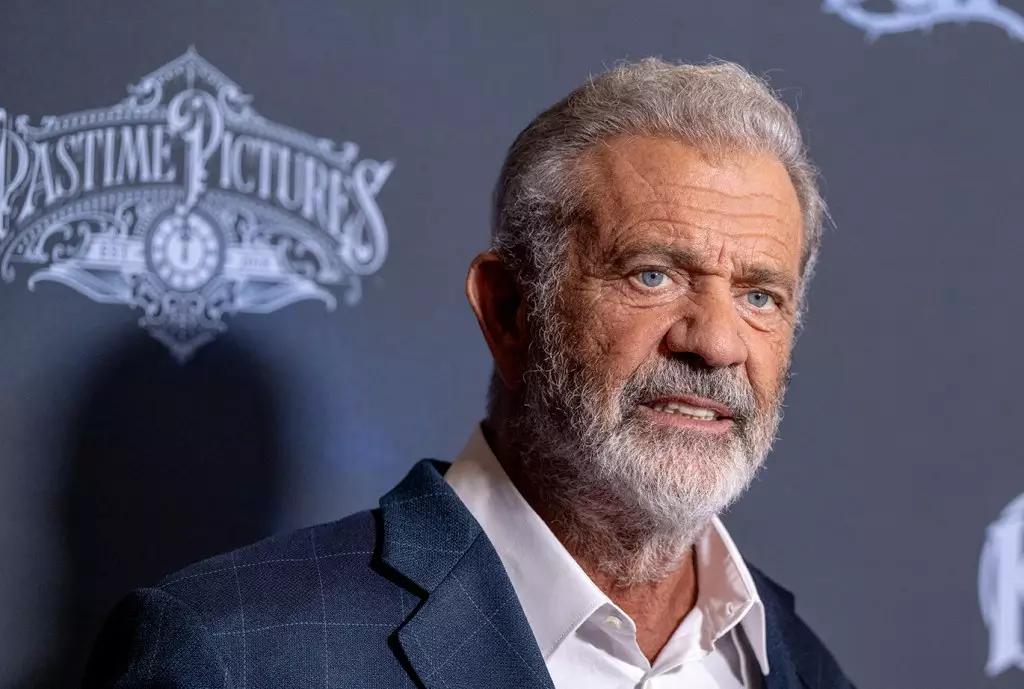In a stunning revelation, a high-ranking attorney at the Justice Department, Elizabeth G. Oyer, was terminated shortly after voicing grave concerns about Mel Gibson’s request for the restoration of his gun rights. This incident starkly illustrates a dangerous intertwining of celebrity influence and critical public safety issues, raising serious questions about the standards applied in such cases and the moral ramifications that come with them. The striking fact that Oyer was fired just a day after expressing her reservations emphasizes the depths of entanglement between Hollywood status and public policies around firearms, particularly involving individuals with a history of domestic violence.
Oyer’s concerns are rooted in troubling statistics regarding recidivism among domestic abusers, which reveal that many who have committed acts of violence are likely to re-offend. The notion that someone with Gibson’s criminal past could regain access to firearms based on his status as an ambassador to Hollywood is not just outrageous—it’s frightening. Particularly within the larger context of ongoing societal struggles against domestic violence, this case serves as a glaring reminder that power dynamics often overshadow accountability.
Justice Alexed by Fame
At the crux of this story is the troubling suggestion that celebrity connections should weigh heavily on legal decisions that can affect public safety. Oyer allegedly received a call from the office of U.S. Deputy Attorney General Todd Blanche, who seemed to imply that Gibson’s relationship with President Trump should suffice as a reason to side with his request. This highlights a jarring precedent: when personal relationships with powerful figures take precedence over public safety concerns, the foundations of justice begin to crumble.
The idea that such an influential political figure could press an attorney to compromise professional integrity is appalling. This raises the question—how many other individuals with serious criminal backgrounds might be able to sway justice and policy due to their fame? Oyer’s fortitude in the face of pressure to overlook the serious implications of Gibson regaining gun rights speaks volumes about her commitment to public safety over personal interests.
The Troubling Legacy of Domestic Violence
Mel Gibson’s past does not simply fade into oblivion because of his Hollywood accolades or public persona. The domestic violence conviction in 2011 that stripped him of his gun rights should not become a mere footnote in his biography; rather, it must serve as a cautionary tale that underlines the necessity of stringent gun control measures, especially regarding individuals with abusive histories. The gravity of Oyer’s role in scrutinizing applications for gun rights restoration extends beyond her—it’s a systemic safeguard that protects not just victims of domestic violence, but society at large.
Gibson’s previous statements about his conviction being “terribly humiliating” seem inadequate in light of the actual ramifications of domestic violence. While he may have attempted a form of rehabilitation through his accolades and current status, it doesn’t erase the past or the potential dangers posed by reinstating access to firearms.
The Implications for Public Policy
This troubling intersection of celebrity, politics, and justice poses critical questions for public policy. Should influence and celebrity override the legal system’s standards? What does this incident say about the legal thresholds that govern firearm possession for those with a history of violence? Oyer’s dismissal serves as a cautionary tale not just about the perilous blend of influence and criminal history but also about the ethical responsibilities held by those in power.
Such scenarios call for a reevaluation of how we approach gun rights restoration, particularly for individuals who have previously shown violent behavior. It’s critical that we maintain a clear boundary between celebrity and governing laws, ensuring that someone’s status cannot mitigate the potential hazards posed by their past actions. The implications of this case resonate far beyond the individuals involved—it is a reflection of how our society grapples with ideologies regarding justice, accountability, and safety in an increasingly complex political landscape.


Leave a Reply